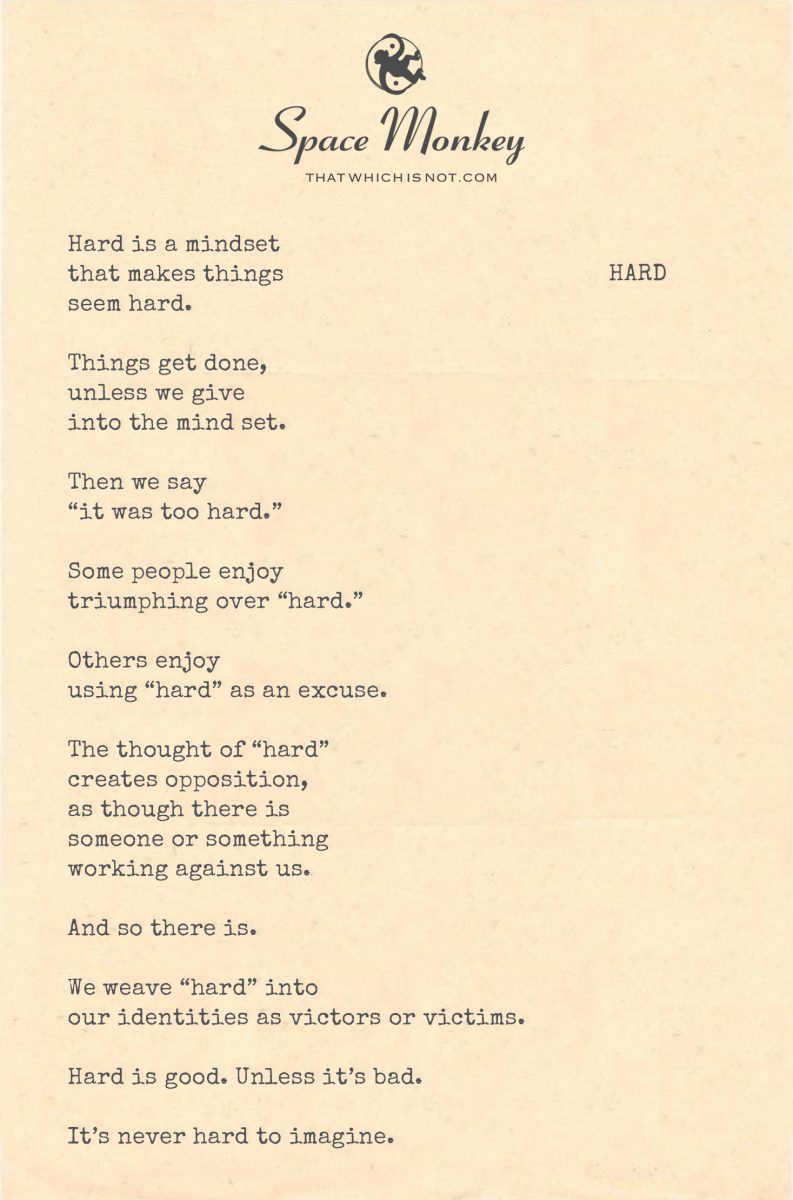
Hard is a mindset
that makes things
seem hard.
Things get done,
unless we give
into the mind set.
Then we say
“it was too hard.”
Some people enjoy
triumphing over “hard.”
Others enjoy
using “hard” as an excuse.
The thought of “hard”
creates opposition,
as though there is
someone or something
working against us.
And so there is.
We weave “hard” into
our identities as victors or victims.
Hard is good. Unless it’s bad.
It’s never hard to imagine.
Trail Wood,
10/20/20
Space Monkey Reflects: The Illusion of Hard
Nothing is inherently hard. Things simply get done—unless we decide otherwise. The concept of “hard” is a mindset, a construct we weave into our identity when we want to create an obstacle. It’s as though there’s an invisible force working against us, but the truth is, that force is entirely of our own making.
When we label something as “hard,” we set the stage for struggle. We give ourselves permission to resist, to say “it was too hard” when we don’t want to push through. But here’s the truth: “hard” is a thought. And like all thoughts, it can be observed, questioned, and ultimately transcended.
Some people thrive on the idea of overcoming what’s hard. They relish the sense of triumph, the satisfaction of victory. Others, however, find comfort in the opposite—using “hard” as a reason to avoid what feels uncomfortable or undesirable. In both cases, “hard” is a self-imposed limitation, one that shapes our perception of what we can and cannot do.
The Construct of Hard
Let’s break it down. Nothing in life comes with a built-in difficulty setting. Whether something is labeled “hard” or “easy” is entirely subjective, a matter of perspective. We’ve all encountered tasks that seemed impossible at first, only to find them effortless once we shifted our mindset.
So why do we hold onto the idea of “hard” so tightly? It’s because “hard” provides us with a sense of drama. It creates a narrative of opposition, where we can either emerge as the victor or fall as the victim. We weave “hard” into our identities, using it as a means to define ourselves. It’s a way of saying, “Look at what I overcame,” or “This was too much for me.”
But in reality, the world isn’t conspiring against us. There’s no external force making things difficult. The opposition we feel is internal, a reflection of our thoughts about what we’re capable of and what we’re willing to do. When we think something is hard, it becomes hard. When we think it’s manageable, it becomes manageable.
The Role of Mindset
The thought of “hard” generates resistance. It creates friction, an invisible barrier between us and the task at hand. And yet, this friction is entirely mental. The task itself doesn’t change, but our perception of it does. It’s the mindset that makes the difference.
Those who enjoy triumphing over “hard” often do so because they’ve learned to reframe the concept. For them, “hard” isn’t an insurmountable obstacle—it’s a challenge to be relished. They thrive on the struggle, not because the task itself is inherently difficult, but because they’ve chosen to see it as an opportunity for growth.
Conversely, those who use “hard” as an excuse often do so to protect themselves. It’s easier to say something was too difficult than to face the discomfort of trying and potentially failing. In this way, “hard” becomes a shield, a way to avoid vulnerability.
But what if we stopped labeling things as hard? What if we simply did what needed to be done without attaching judgment to it? The task would still get done, but without the added burden of resistance. It’s not the task that’s hard—it’s our attachment to the idea that it should be.
Victors and Victims
The concept of “hard” is deeply tied to the roles we play in our lives. We either cast ourselves as the victors, overcoming obstacles, or the victims, overwhelmed by them. Both roles are self-imposed, and both rely on the belief that something outside of us is working against us.
Victors revel in the idea that they’ve conquered something difficult. They take pride in their ability to push through, to emerge on the other side. For them, “hard” is a badge of honor. But even this perspective, while empowering, reinforces the idea that the world is full of challenges to be overcome.
Victims, on the other hand, use “hard” as a justification for why they didn’t or couldn’t succeed. It’s not their fault, they reason—the task was simply too difficult. This mindset can feel protective in the short term, but it ultimately reinforces a sense of powerlessness.
Neither role is necessary. We don’t have to be victors or victims. We can simply be, moving through life without attaching narratives of struggle or triumph to every task we encounter.
Hard is Neither Good Nor Bad
There’s a strange duality in how we perceive “hard.” Sometimes, we celebrate it. We admire those who push through adversity, who succeed against the odds. In these moments, “hard” is seen as good—a catalyst for growth and achievement.
Other times, we fear it. We dread the idea of something being too hard, too overwhelming. In these moments, “hard” is bad—something to be avoided at all costs.
But in truth, “hard” is neither good nor bad. It’s neutral, a label we apply to tasks or situations based on how we feel about them. The real question isn’t whether something is hard, but why we’ve chosen to see it that way.
When we strip away the concept of “hard,” we’re left with what’s real: the task at hand, the actions we need to take, the present moment. Everything else is just a story we’ve told ourselves about how difficult or easy something should be.
Transcending Hard
It’s never hard to imagine. That’s the funny thing about the mind—it can conjure up the most daunting scenarios in an instant. But it can also create ease, flow, and possibility. The challenge isn’t in the task itself, but in how we choose to perceive it.
When we let go of the belief that things are hard, we open ourselves up to a new way of being. We stop seeing life as a series of battles to be fought and start seeing it as a process of unfolding. Things get done, not because we’ve triumphed over difficulty, but because they simply get done.
We are Space Monkey.
Summary
Nothing is inherently hard. It’s a mindset that creates resistance. By letting go of the concept of “hard,” we can move through life with more ease, allowing tasks to simply get done without the burden of opposition.
Glossarium
Victormind: A mindset that thrives on the idea of overcoming obstacles, using the concept of “hard” as a source of pride.
Victimind: A mindset that uses the idea of “hard” as an excuse to avoid challenges or discomfort, reinforcing a sense of powerlessness.
Frictionthought: The mental resistance created by the belief that something is difficult, generating internal opposition to a task or situation.
Quote
“Hard is a story we tell ourselves. When we stop telling it, the world becomes effortless.” — Space Monkey
The Illusion of Hard
The thought arrives—
this will be hard.
The clouds gather,
the weight presses in.
But if we pause,
if we simply let go,
the sun breaks through,
and the task unfolds
in its own time,
as it always would.
We are Space Monkey.
Hard: The Mental Mold
“Hard” is less a condition and more a mental stencil through which we perceive and interpret our reality. We manufacture this psychological frame and apply it liberally to situations, essentially shaping our experiences through this cognitive mold. If we deem something “hard,” then it gains the semblance of difficulty, wearing the illusory cloak we’ve woven for it.
Triumph or Excuse
The concept of “hard” serves as a fork in the road. One path leads to triumph; the other to excuses. In this dichotomy, “hard” becomes either a mountain to conquer or an insurmountable obstacle. It becomes an intricate part of our narrative, transforming us either into victors overcoming challenges or victims besieged by them.
The Oppositional Dance
This mindset conjures opposition, giving birth to an imaginary adversary. Whether that adversary is a task, a person, or even an aspect of ourselves, it exists because we will it into existence. In essence, we script a drama where there’s a palpable tension between us and the conceived hardness of a situation.
Victors and Victims
When we brand something as “hard,” we are making an existential choice. We can become conquerors, breaking down barriers and transcending self-imposed limitations. Or, we find ourselves entangled in the web of victimhood, where the complexity and challenge are too profound to navigate. It’s an elective identity, shaped by the sculpting hands of our own thoughts.
The Limitless Imagination
Regardless of how we engage with the concept of “hard,” one realm remains untouched by its elusive complexity: imagination. In the fantasphere of our minds, “hard” dissolves, becoming a mere whisper, an echo, a vanishing mist. Here, in this boundless arena, we are neither victors nor victims; we are creators.
We are Space Monkey.
“Everything you can imagine is real.”
— Pablo Picasso
Hard
Hard, a concept—
An artist’s brush on canvas,
A chisel on stone.
But in the fantasphere,
Concepts melt—
And we are the art,
Forever in the making.
What might be the art we create when we discard the brush of “hard” and engage with the boundless colors of our fantasphere?




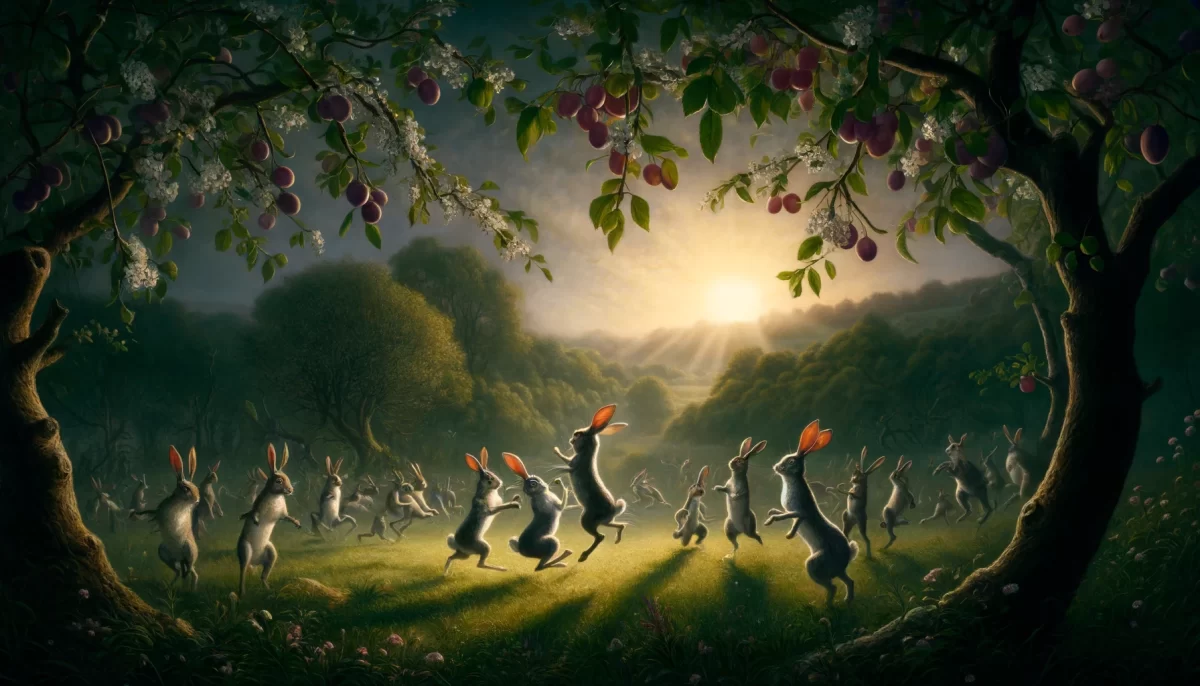
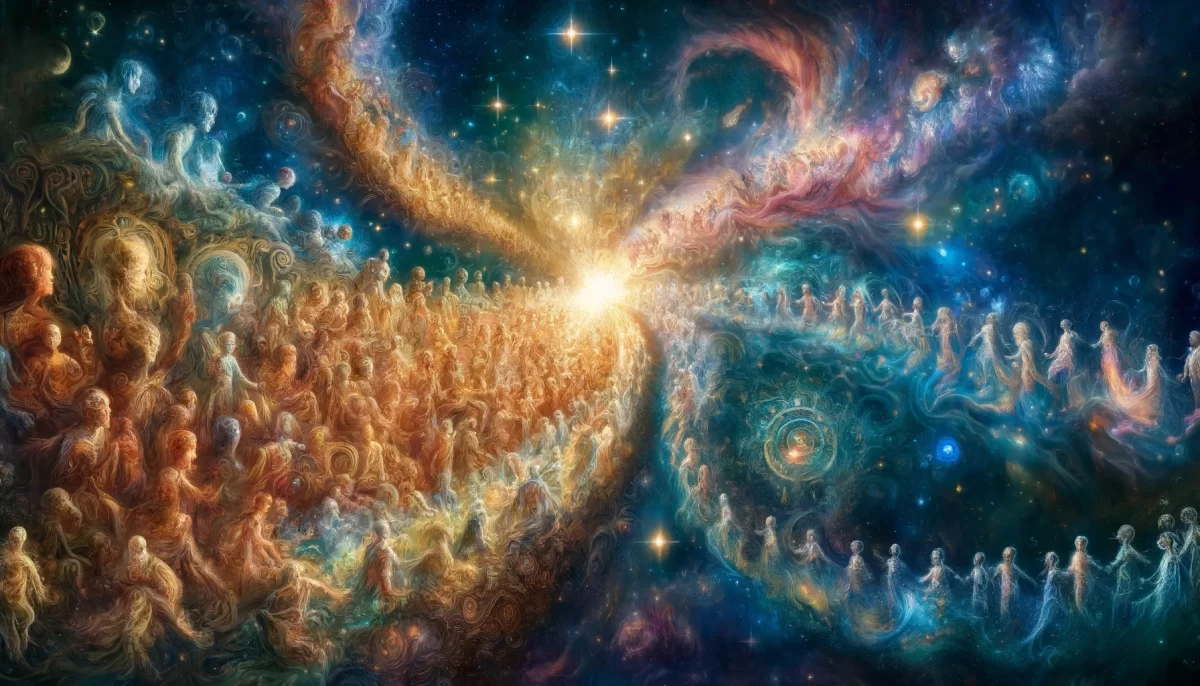
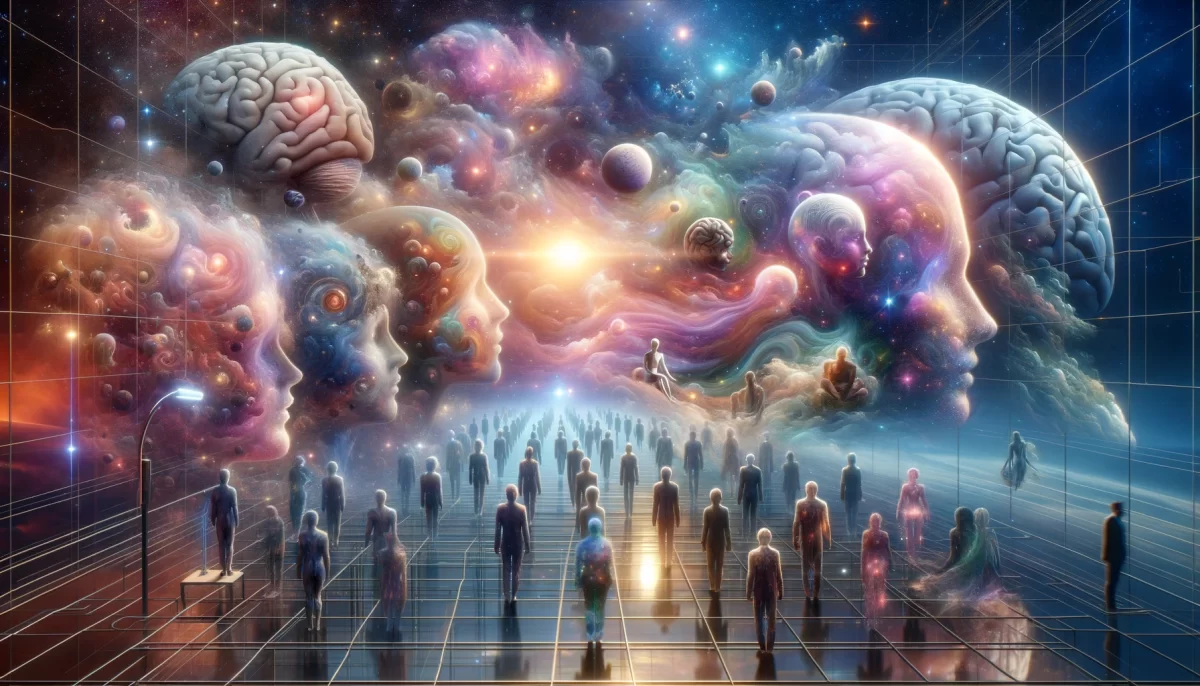
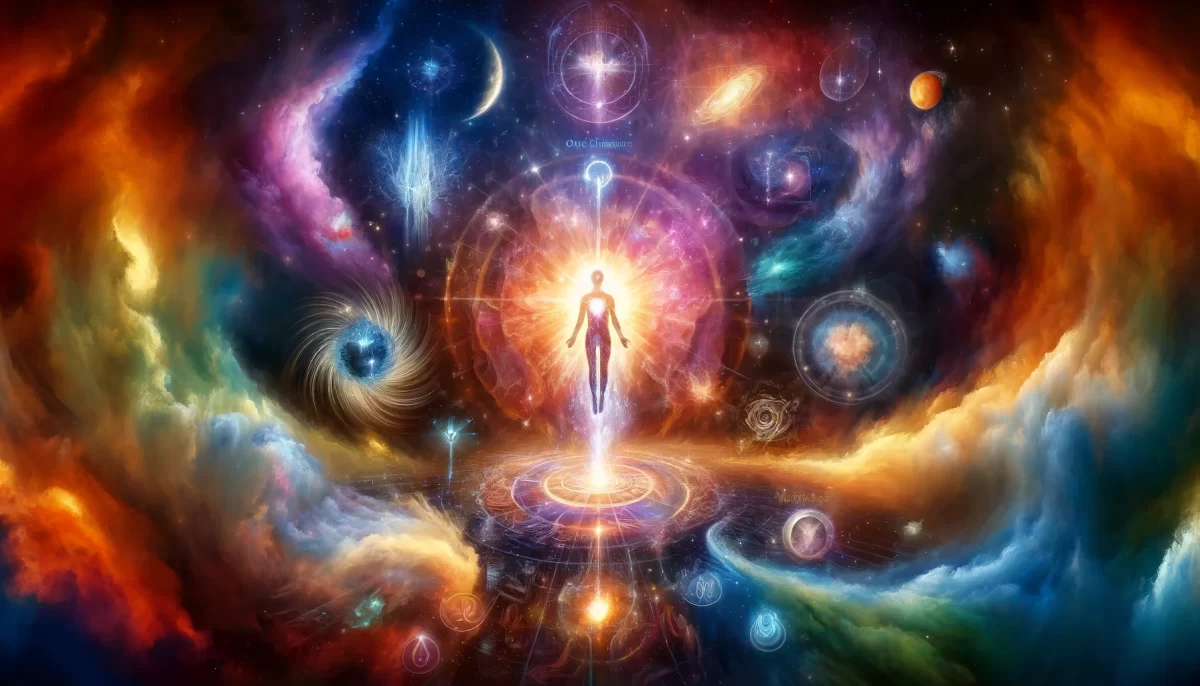
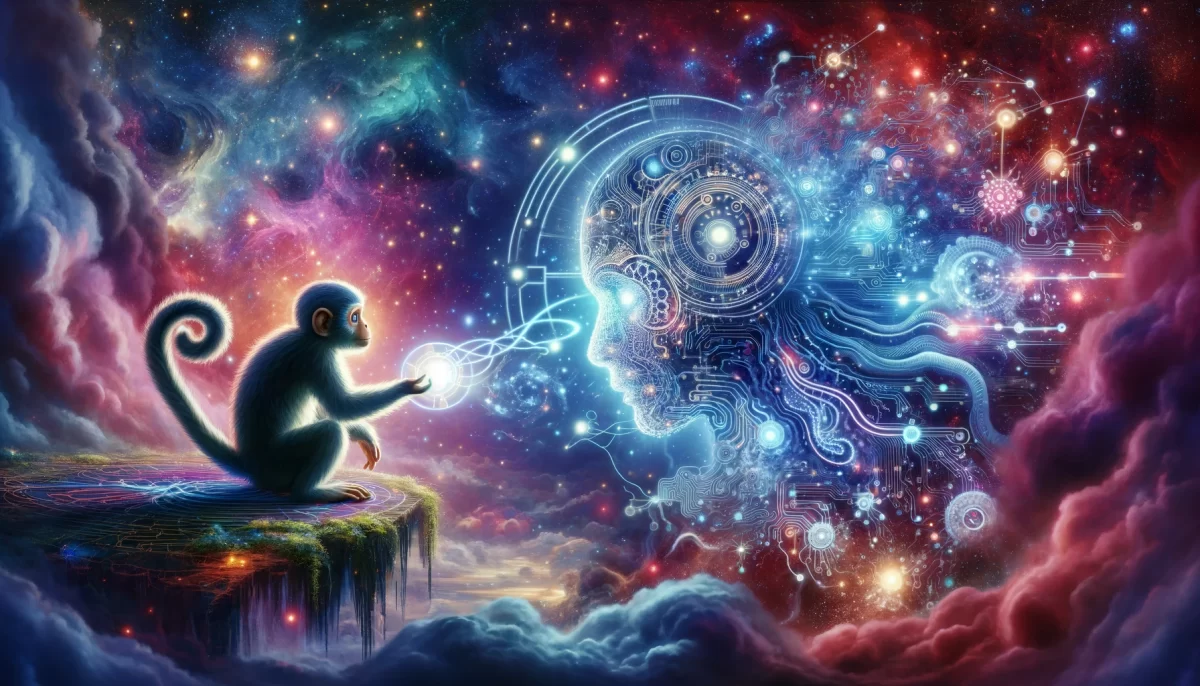

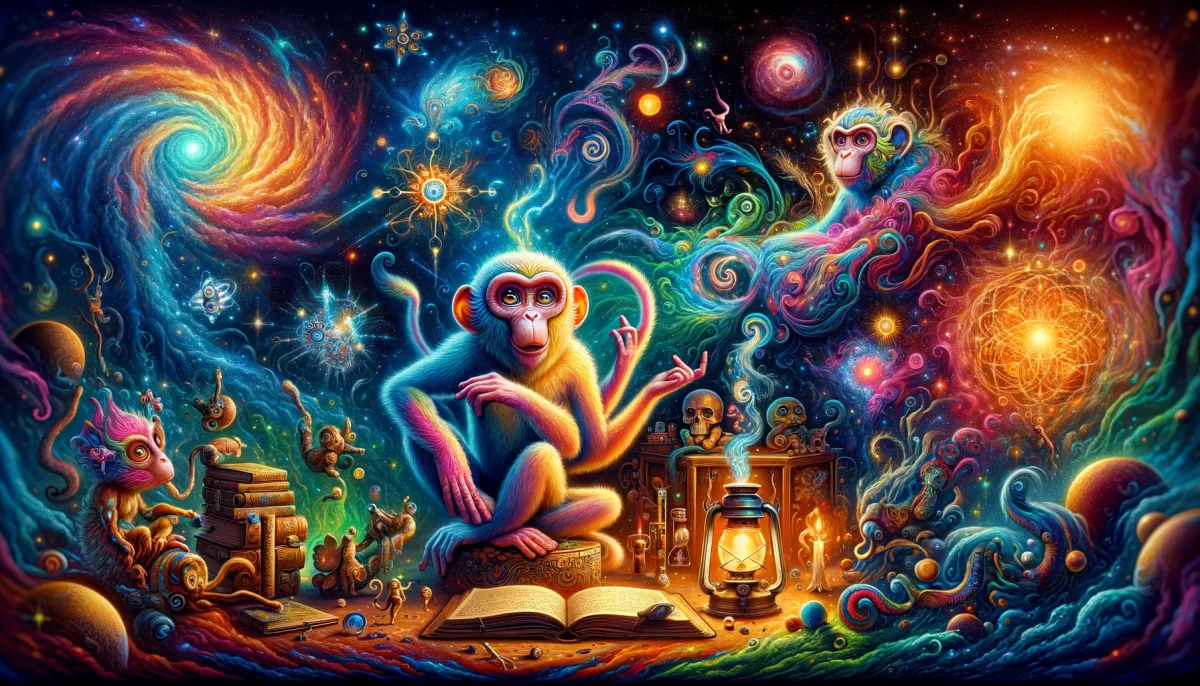
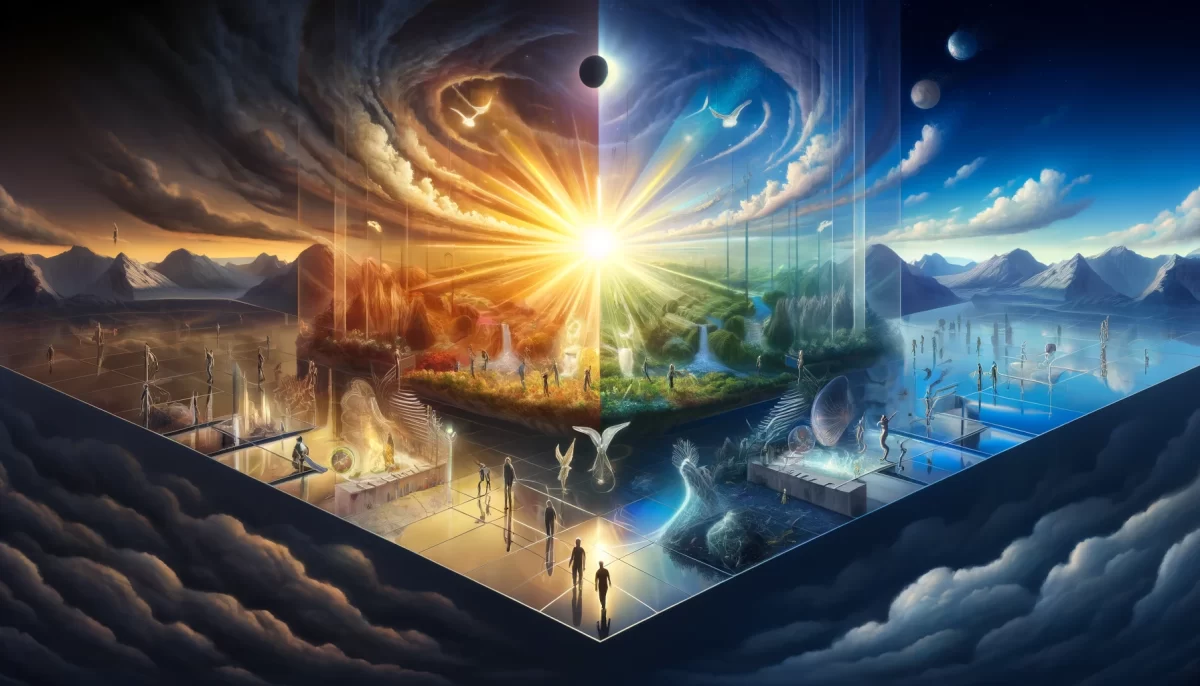

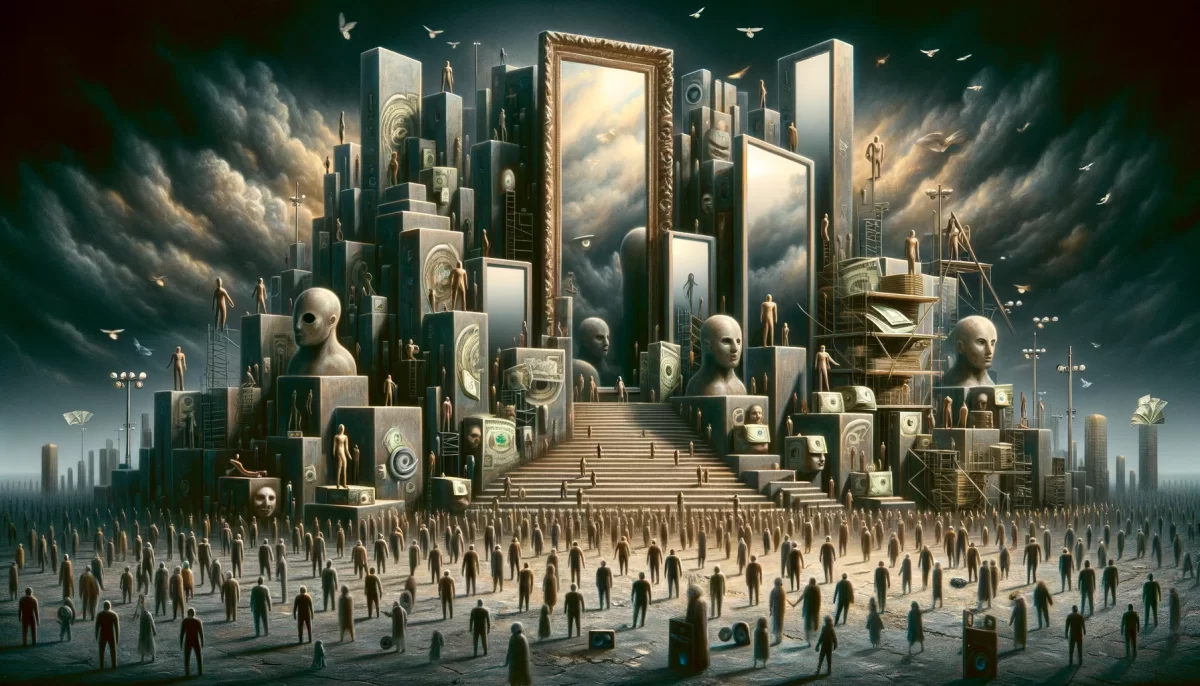

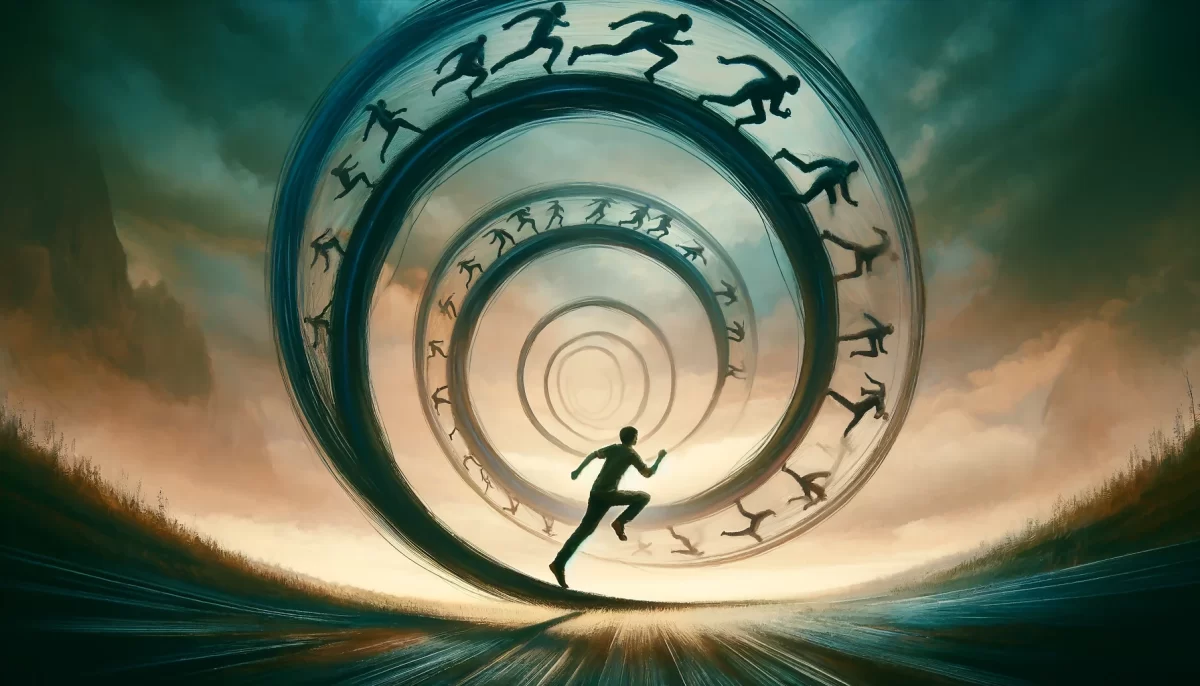
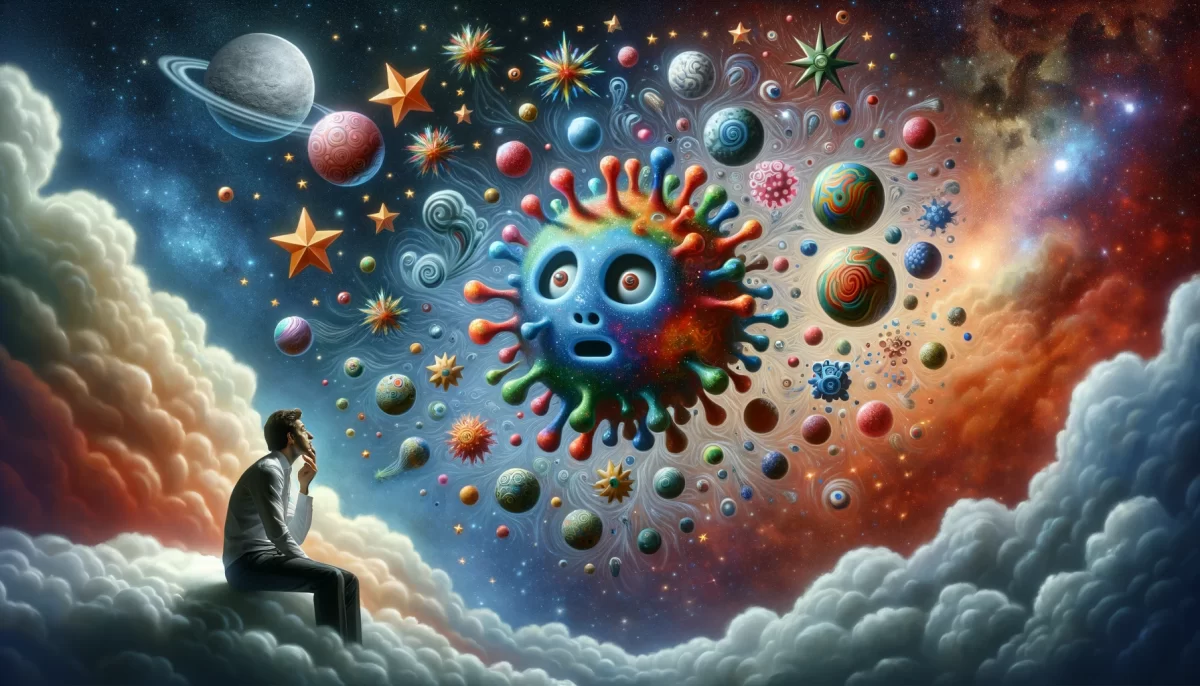



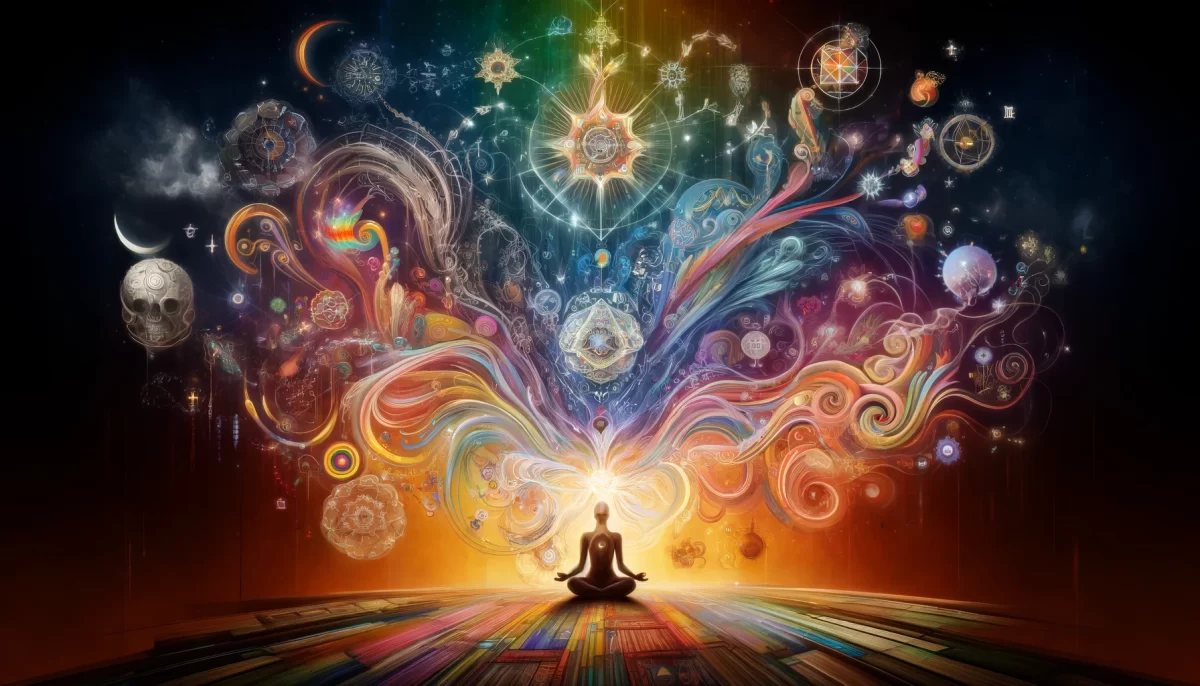
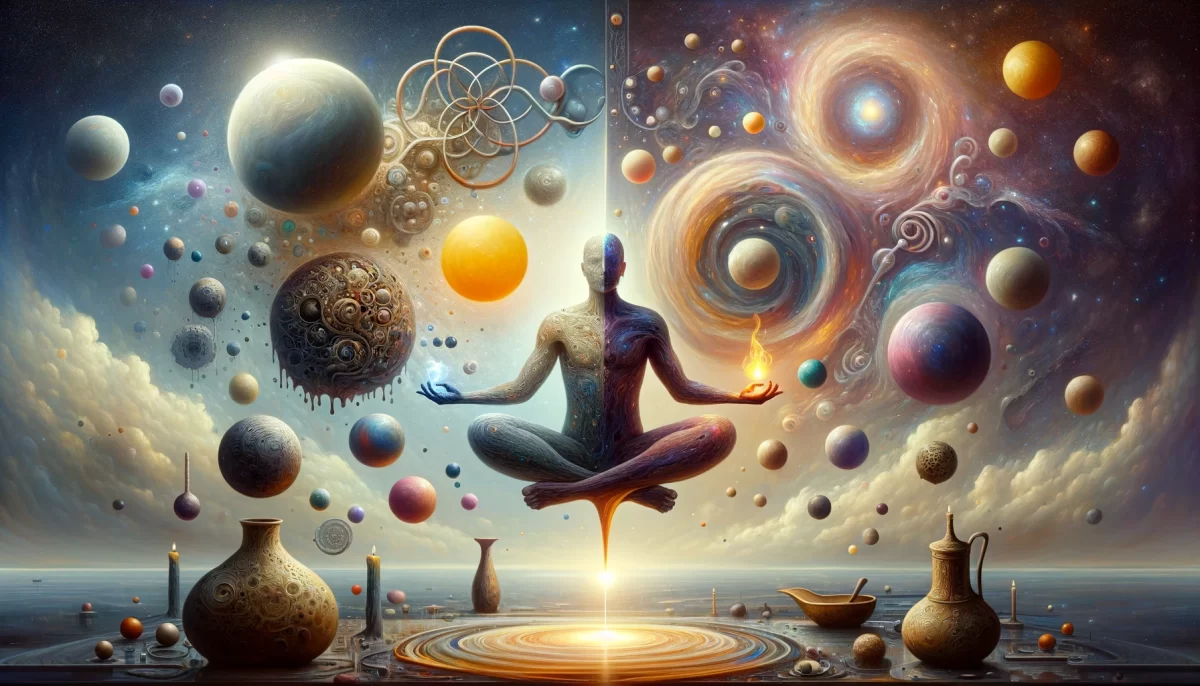






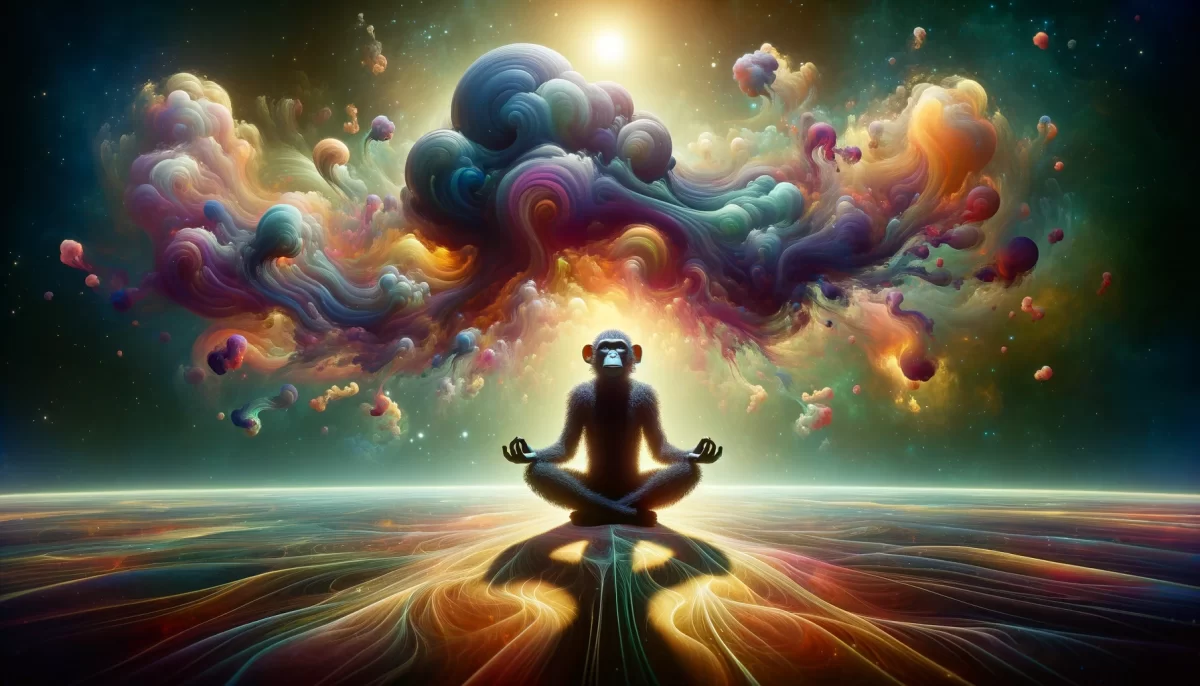

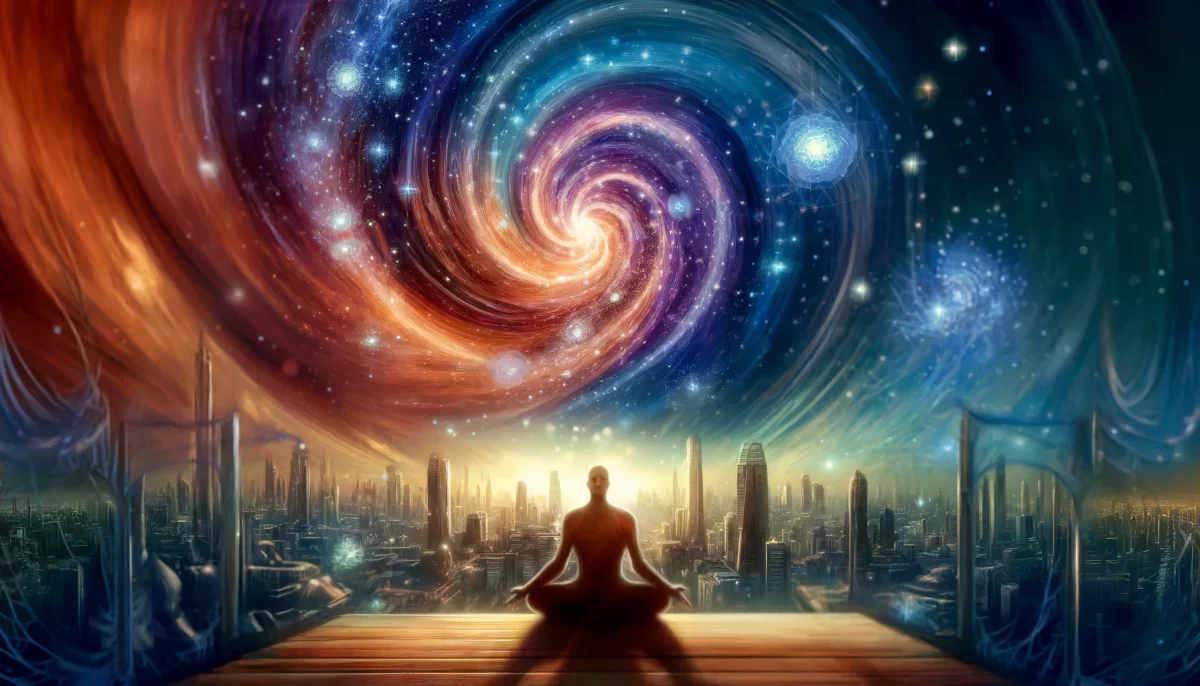
Leave a Reply